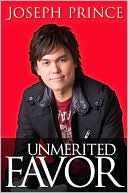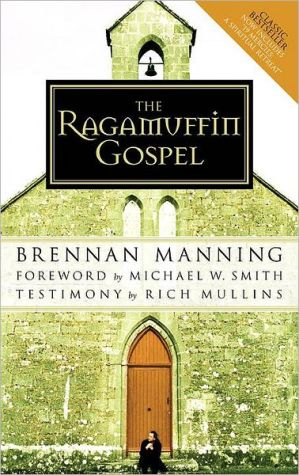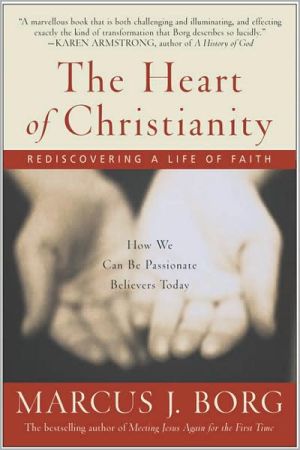Coffeehouse Theology
Theology should breathe life and unity among God's people, but today’s culture creates a barrier of ignorance and misunderstanding in the study of God. Author Ed Cyzewski seeks to build a method for theology that is rooted in a relationship with God and thrives on dialogue.
Search in google:
Theology should breathe life and unity among God's people, but today’s culture creates a barrier of ignorance and misunderstanding in the study of God. This barrier threatens to split believers and keep seekers away from a relationship with God.Ed Cyzewski seeks to build a method for theology that is rooted in a relationship with God and thrives on dialogue. Through stories and illustrations, you’ll gather the basic tools needed to study God.Whether in a community, in a coffeehouse, or by e-mail, discussion and application of theology is essential. Joining the conversation is easy. Publishers Weekly Freelance theologian Cyzewski enters into the Emergent conversation from the conservative end of the evangelical spectrum. He urges readers to explore theology while reassuring them that they don't have to become postmodern philosophers: theology can be considered, as it were, in the coffeehouse. Arguing that "our local settings and cultural values-in other words, our context-influence how we read God's Word," Cyzewski approaches "contextual theology" by weaving together discussions of mission, culture, God, Scripture, tradition and the global church. Personal anecdotes of his own growth in faith are disarming in their honesty. While this accessible work is a useful introduction to aspects of Emergent theology, Cyzewski's summary of modernism and postmodernism is sometimes too sketchy to be useful; however, each chapter includes valuable suggestions for further reading. Gently nudging his fellow Christians to listen to diverse points of view, Cyzewski doesn't explain why he is committed to engaging in dialogue with some aspects of culture and not others (say, progressive theologians and secularists). This addition to books about emerging and missional forms of Christianity ends on a hopeful note for unity across denominations. Copyright © Reed Business Information, a division of Reed Elsevier Inc. All rights reserved.
Foreword 9 Acknowledgments 13 Introduction 17 Contextual Theology: Understanding Ourselves, Understanding God1 Mission: Why the Church Needs Theology 292 Beyond Ourselves to a Coffeehouse Theology 413 Christianity and Culture 534 The Modern World: From The Two Towers to the Parking Lot 715 The Postmodern Age: Andy Griffith Meets The Real World 916 Theology and Culture: Moving from Who We Are to Who God Is 1137 Contextual Theology with God at the Center 1298 The Bible: Our Primary Source in the Postmodern World 1419 The Tradition of the Church: Keeping Us Grounded 16710 The Global Church: Keeping Us Informed 18911 Our Love of God Unites Us in Theology 205 Notes 217 About the Author 233
\ Publishers WeeklyFreelance theologian Cyzewski enters into the Emergent conversation from the conservative end of the evangelical spectrum. He urges readers to explore theology while reassuring them that they don't have to become postmodern philosophers: theology can be considered, as it were, in the coffeehouse. Arguing that "our local settings and cultural values-in other words, our context-influence how we read God's Word," Cyzewski approaches "contextual theology" by weaving together discussions of mission, culture, God, Scripture, tradition and the global church. Personal anecdotes of his own growth in faith are disarming in their honesty. While this accessible work is a useful introduction to aspects of Emergent theology, Cyzewski's summary of modernism and postmodernism is sometimes too sketchy to be useful; however, each chapter includes valuable suggestions for further reading. Gently nudging his fellow Christians to listen to diverse points of view, Cyzewski doesn't explain why he is committed to engaging in dialogue with some aspects of culture and not others (say, progressive theologians and secularists). This addition to books about emerging and missional forms of Christianity ends on a hopeful note for unity across denominations. \ Copyright © Reed Business Information, a division of Reed Elsevier Inc. All rights reserved.\ \








